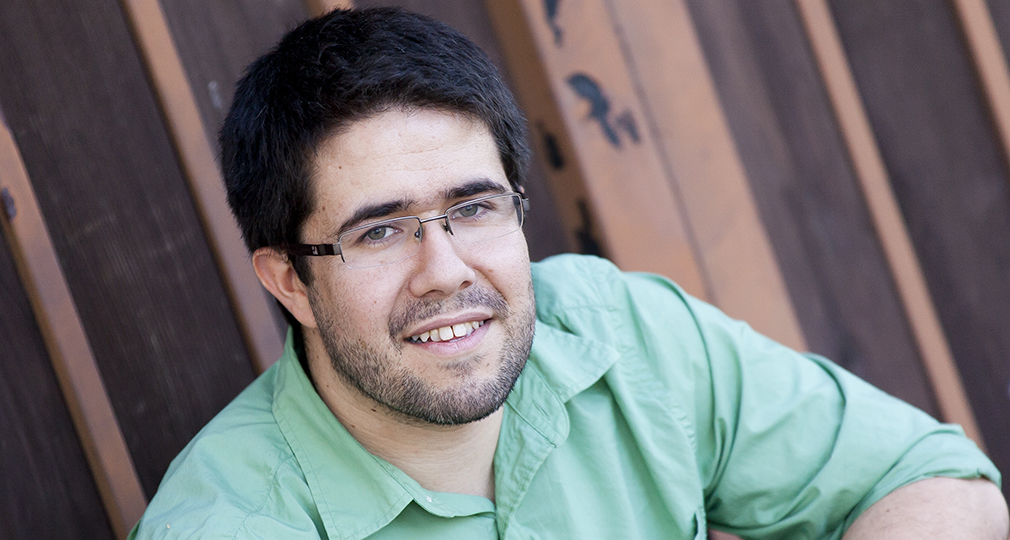
Event Date:
Thursday, March 25th, 2021 – 2:00 PM to 3:00 PM
Speaker:
Dr. Otero-Milan, Assistant Professor of Optometry & Vision Science Berkeley
Host:
Natela Shanidze
Abstract
Abstract – Whenever we tilt our head towards the shoulder our eyes partially compensate by rotating around the line of sight in the opposite direction. This combination of head tilt and torsional eye movements results in a tilted retinal image, while we nevertheless perceive the world as still and upright. I will present the development of a new method to measure torsional eye movements reliably, which has enabled us to study the relationship between torsion and perception in the lab and the effects of vestibular loss in the clinic. I will show how stimulating the temporoparietal cortex can alter the perception of upright without affecting torsional eye movements, confirming the role of this area in the multisensory process of maintaining upright perception. I will also present how patients can re-weight different sensory inputs after acute vestibular loss and how measuring torsion helps us understand the effect of strong magnetic fields on the vestibular system.
https://vision.berkeley.edu/posts/welcome-dr-jorge-otero-milan
https://optometry.berkeley.edu/people/jorge-otero-millan-phd/
